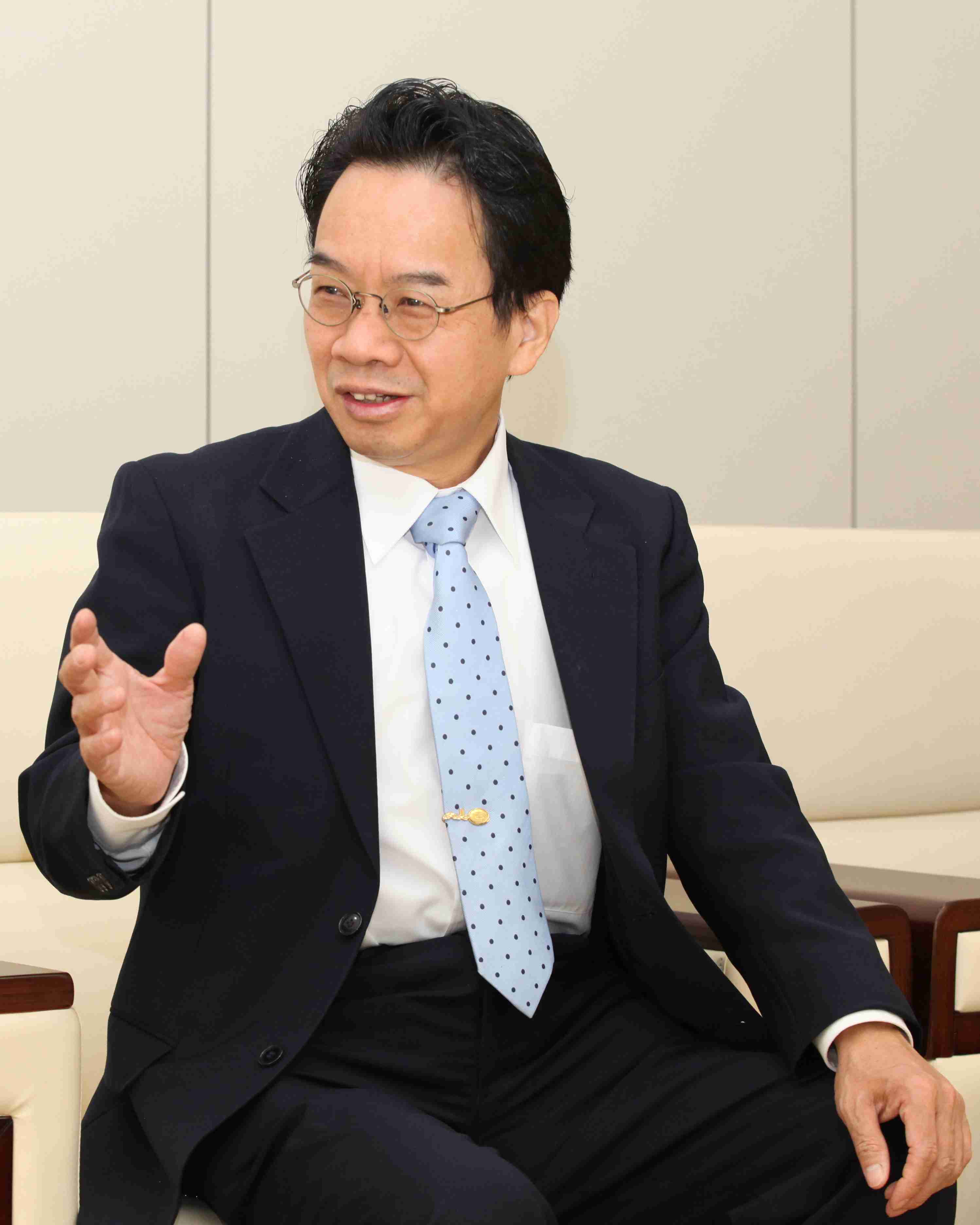
Meiji University Graduate School of Political Science and Economics is composed of researchers from various fields, including political science, sociology, and economics. Many outstanding students from the Graduate School are working in companies, universities, government organizations, and other various fields both in Japan and abroad.
The Graduate School has two features: graduate students can take cross-curricular subjects other than those in their courses, and many international students are enrolled. In this privileged research environment, students can acquire more comprehensive expertise and research methods, as well as a cultural relativist perspective.
After entering the Graduate School, students will take lectures from professors and associate professors, and give presentations and discuss various novel research themes. This enables graduate students to obtain higher-quality specialized knowledge, which is different from that of undergraduates, and to train their ability to use various kinds of knowledge and deep analytical skills. In the exercise subjects, students can further deepen their skills in dissertation planning, data collection, thesis organization, and academic writing.
After entering the Graduate School, you will meet many faculty members, seniors, and juniors. Through the faculty members, you can gain expertise, as well as the spirit of a scholar who can master learning. Seniors and juniors will become new colleagues in your research. We would like you to talk with more faculty members, seniors, and juniors after entering the Graduate School. You will be able to create a network of relationships that will be important to your future life.
To make research more effective, faculty members who provide advice and seniors/juniors who compete with each other are certainly important, but curiosity and patience are also essential. If you can work on a task that you want to research the most, the research itself becomes enjoyable and you can continue your research. First, find the theme you want to research the most. After you find it, keep researching without giving in to the isolation and hardship. Persistence becomes power, and when research is accumulated over a period of time, your research takes on a new phase. The pleasure of discovering new knowledge through original research is a satisfying life experience. This is the privilege of those who continue to conduct research. Your creative and vigorous research will be integrated into the intellectual world of humanity and contribute to human progress.
In the face of globalization, social competition is becoming more intense, and highly qualified human resources are required. Acquiring expertise and a master’s degree or doctoral degree during graduate school will undoubtedly enhance your future social competitiveness.
The youth period is a difficult time as you try to find your own identity and choose your career path, etc., but it is also an important time to explore new possibilities in your life. Entering graduate school during this period becomes a new turning point in your life and an opportunity to break new ground. By all means, carry on with your big dreams and ambitions in life. The faculty members of the Graduate School will provide an intellectual environment to realize your big dreams and ambitions, and will fully support you in every aspect.
Dean, Graduate School of Political Science and Economics
ZHONG Jiaxin
Professor


